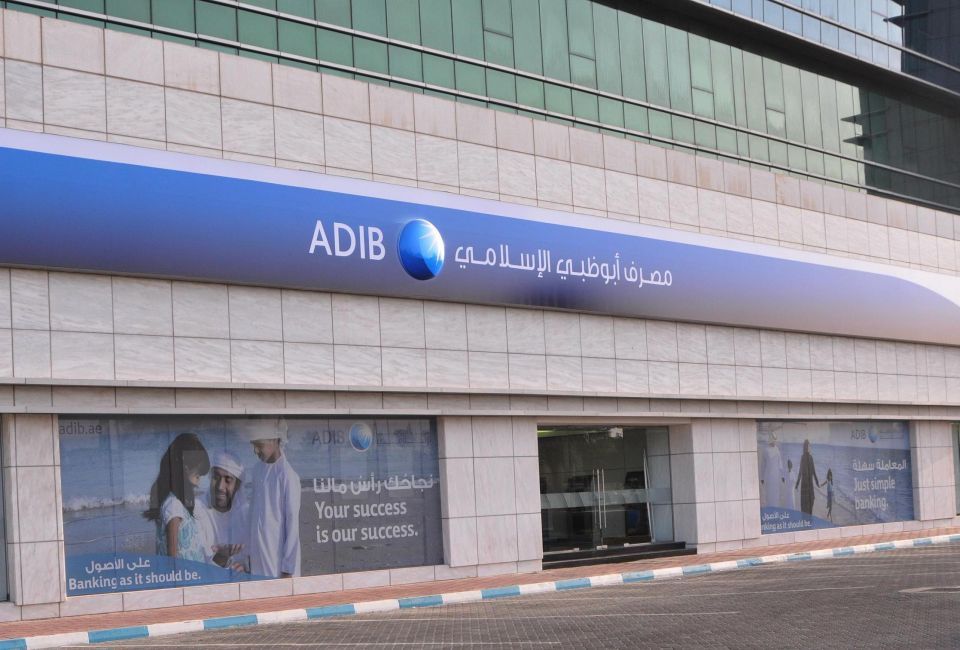Abu Dhabi Islamic Bank (ADIB) has witnessed a “fantastic rebound” in its retail banking business as digital transformation proves to be a potent force in its recovery from the crippling effects of the coronavirus crisis.
However, ADIB’s global head of retail banking, Philip King, told Arabian Business that the success of its digital operations will not be at the expense of its bricks-and-mortar branches.
He said: “We’ll make sure that the digitalisation is a choice for the customer and our branches will also become more digital and more automated and that will again enhance the customer experience. But the human touch, in our view, needs to be there because that is what our customers are looking for.”
ADIB is the fourth largest Islamic bank globally with total assets of $34 billion. The bank reported a net profit of AED1.12bn and net revenue of AED3.93bn for the first nine months of 2020.
“Whether that was because there was pent-up demand from the struggles of the whole country and the consumers in quarter two I don’t know, but it was certainly a tremendous rebound for us,” King said.
He revealed that 50 percent of their cover cards (credit cards) were sold remotely as customers signed up through an app on their phone. “I suspect had we not given them that tool, we would have had 50 percent card sales less,” said King.
 ADIB’s global head of retail banking, Philip King
ADIB’s global head of retail banking, Philip King
While around one third of new accounts were opened online and two million transactions are performed every month through the ADIB mobile app.
King said: “Seventy-five percent digitally active customers is a very high figure, which means that people are very comfortable interacting with us through our mobile channels. 97 percent of our funds transfers are all done through our digital channels.
“We have close to seven million logins per month on our mobile app. These are tremendous numbers that have just really gone through the roof this year.”
Since November 9, four drug makers have announced that their vaccines work, most of them more than 90 percent of the time.
The first to report Phase 3 results was the US-German collaboration between pharmaceutical giant Pfizer and German biotech start-up BioNTech, followed by the US firm Moderna, a British partnership between AstraZeneca and Oxford University, and Russia’s state-run Gamaleya Research Institute of Epidemiology and Microbiology.
And King said this would add further positive sentiment into the market.
“I think consumer confidence is coming back and I think generally now, around the world, with the announcements of the two vaccines in the US and the UK, plus there’s also been a vaccine project running here in the UAE, this helps people see that there is a way out of all of this, but clearly there is a long way to go,” he said.






